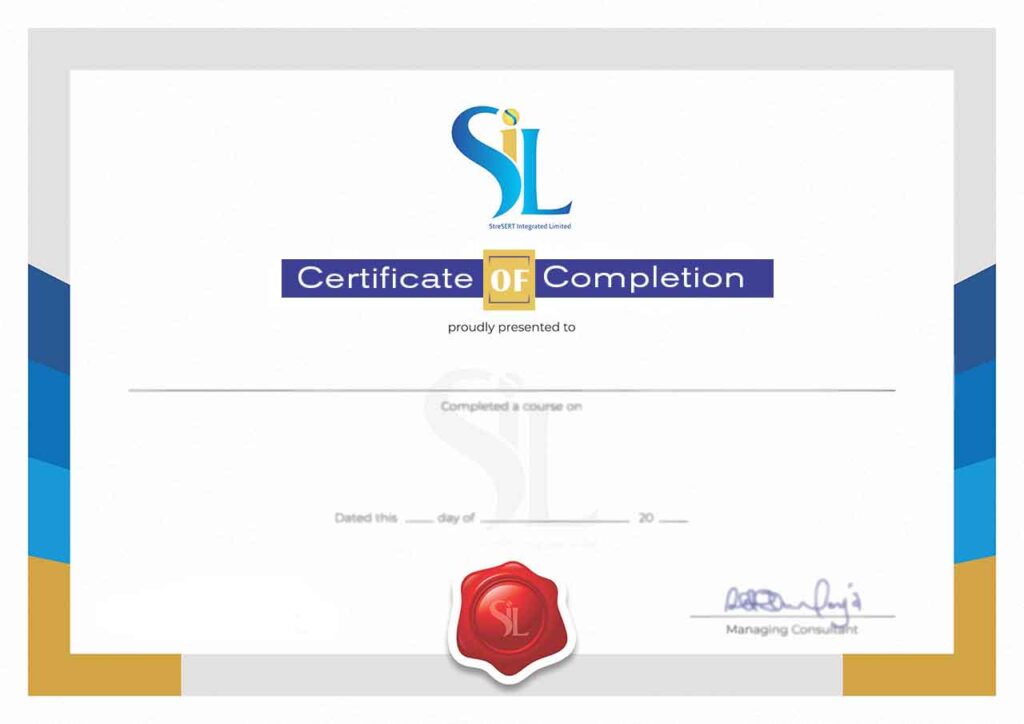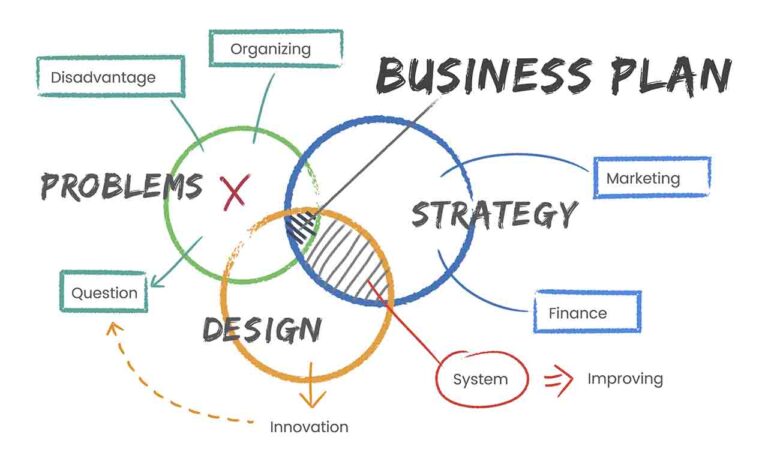ADVANCED DESIGN THINKING
Instructor: Industry Expert-Led
Group enrollment is available for Teams. Learn more
Professional Course
Certificate Ready
Our comprehensive Certificate-Ready Course is designed to equip you with the knowledge, expertise, and credentials you need to excel in your field
Virtual & Physical Classroom
Virtual and Physical Classes. Whether you prefer the convenience of studying from the comfort of your home or the interactive experience of an in-person classroom, we have you covered.
+234 806 788 0956
Do you have any questions about the course? Talk to our Expert now
What you'll learn
The heart of every innovative company, brand or product is the continuous search for efficient products. As cultures change, needs change and people adopt other means of life, organizations must also be flexible to build and create for the market.
Whether a designer, a product manager, an engineer, a teacher, or anyone involved in other professions, needs Design Thinking. It is everywhere; it has been around for the last 20 years and is becoming increasingly popular. It is therefore important to really understand what Design Thinking is. This course will introduce you to the concept of design thinking and its best practices and methods.
Training Methodology
To get the best assimilation and retention of course concepts learned, the training would include instructor-led, videos, peer review and engagement, scenarios, and case studies as well as additional materials to facilitate comprehension and independent practice.
Organisational Impact
Organizations who engage their employees in the design thinking course will enjoy the following:
- More confident and effective problem-solving techniques.
- Delegates who can make and take strategic decisions.
- General mean growth in innovation competence
- Improved competitiveness of the brand or organization
Personal Impact
Delegates who take the design thinking course will:
- Become more confident thinkers and problem solvers.
- Be able to come up with better ideas.
- Be able to collaborate with teams and stakeholders to solve problems.
- Bring innovative concepts to business processes or products.
Who Should Attend?
This course is suitable for:
- Entrepreneurs
- Product designers/managers
- Team leaders in creative or technical roles.
- Managers and executives in strategic positions.
Course Details
Module 1: Introduction to Advanced Design Thinking
- Overview of design thinking principles and processes
- Understanding the need for advanced design thinking
- Exploring the mindset and skills required for advanced design thinking
Module 2: Problem Framing and Insights
- Techniques for identifying and reframing complex problems
- Conducting in-depth user research and generating meaningful insights
- Utilizing empathy and ethnographic research to gain deep understanding
Module 3: Ideation and Concept Development
- Generating a wide range of creative ideas using advanced brainstorming techniques
- Applying ideation frameworks such as SCAMPER, Six Thinking Hats, or Provocation
- Prototyping and refining concepts through rapid iteration and feedback
Module 4: Systems Thinking and Complexity
- Understanding complex systems and their impact on design challenges
- Analyzing and mapping the interconnected elements of a problem
- Leveraging systems thinking to identify leverage points for intervention
Module 5: Design for Behavior Change
- Applying behavioral science principles to influence user behavior
- Nudging and persuasive design techniques for creating positive change
- Ethical considerations and responsible design for behavior change
Module 6: Designing for Emotional Experience
- Incorporating emotional design principles into the design process
- Empathy mapping for understanding emotional needs and desires
- Creating delightful and meaningful experiences through design
Module 7: Designing for Sustainability
- Integrating sustainability principles into the design thinking process
- Lifecycle thinking and sustainable product/service design
- Circular economy and systems for sustainable design solutions
Module 8: Collaborative Design and Co-creation
- Facilitating collaborative design sessions and workshops
- Engaging stakeholders and fostering co-creation opportunities
- Techniques for managing group dynamics and harnessing collective creativity
Module 9: Design Thinking in Organizational Contexts
- Implementing design thinking at an organizational level
- Designing for innovation and change management
- Overcoming challenges and driving design thinking adoption
Module 10: Future Trends in Design Thinking
- Exploring emerging trends and advancements in design thinking
- Applying design thinking to emerging fields and industries
- Ethical implications and considerations in the future of design thinking
Frequently asked questions
a. How do I register for the course?
To register for the course, please visit our course webpage and click on the “Register” button. Follow the instructions provided to complete the registration process.
b. What should I do if I encounter problems while registering?
If you encounter any issues during the registration process, please reach out to our support team at [email address] or [phone number]. They will assist you in resolving the problem and completing your registration.
c. I didn’t receive a confirmation email after registration. What should I do?
Please check your spam or junk folder for the confirmation email. If you still haven’t received it, kindly contact our support team with your registration details, and they will assist you in ensuring you receive the confirmation.
a. Can I register as a team or group for the course?
Yes, we offer the option for team or group registration. You can enroll multiple members together as a team for the course.
b. What is the maximum number of members allowed in a course team?
The maximum number of members allowed in a course team may vary depending on the specific course. Please refer to the course details or contact our support team for more information.
c. How do we register as a team, and is there a separate process for team registration?
To register as a team, please visit our course webpage and look for the team registration option. Follow the instructions provided to register your team. The process may involve submitting the details of each team member. If you require any assistance, please reach out to our support team.
a. What topics are covered in the course?
The course covers a comprehensive range of topics related to [specific course subject]. Some of the key areas covered include [list key areas/topics covered in the course]. For a detailed breakdown of the course content, please refer to the course syllabus on our website.
b. Is the course self-paced, or does it have a fixed schedule?
Our course offers a flexible learning experience. It is designed to be self-paced, allowing you to study at your own convenience and progress through the materials at your preferred speed. You can access the course content and complete assignments within the provided timeframe.
c. Are there any prerequisites for taking this course?
Some courses may have prerequisites or recommended prior knowledge. Please refer to the course details or prerequisites section on our website to determine if there are any specific requirements for this course.
d. Can I access the course materials after the course completion?
Yes, you will have access to the course materials for a specified duration even after completing the course. This allows you to review the content, revisit key concepts, and continue learning at your own pace.
a. How long does the course last?
The duration of the course varies depending on the specific program. It can range from a few weeks to several months. Please refer to the course details or contact our support team for the exact duration of this course.
b. How many hours per week should I dedicate to the course?
The recommended time commitment per week for this course is approximately [number] hours. However, as the course is self-paced, you can adjust your study schedule based on your availability and learning preferences.
c. Can I complete the course at my own pace?
Absolutely! The course is designed to be flexible, allowing you to complete the modules and assignments at your own pace. You can study at a speed that suits you and fits your schedule.




